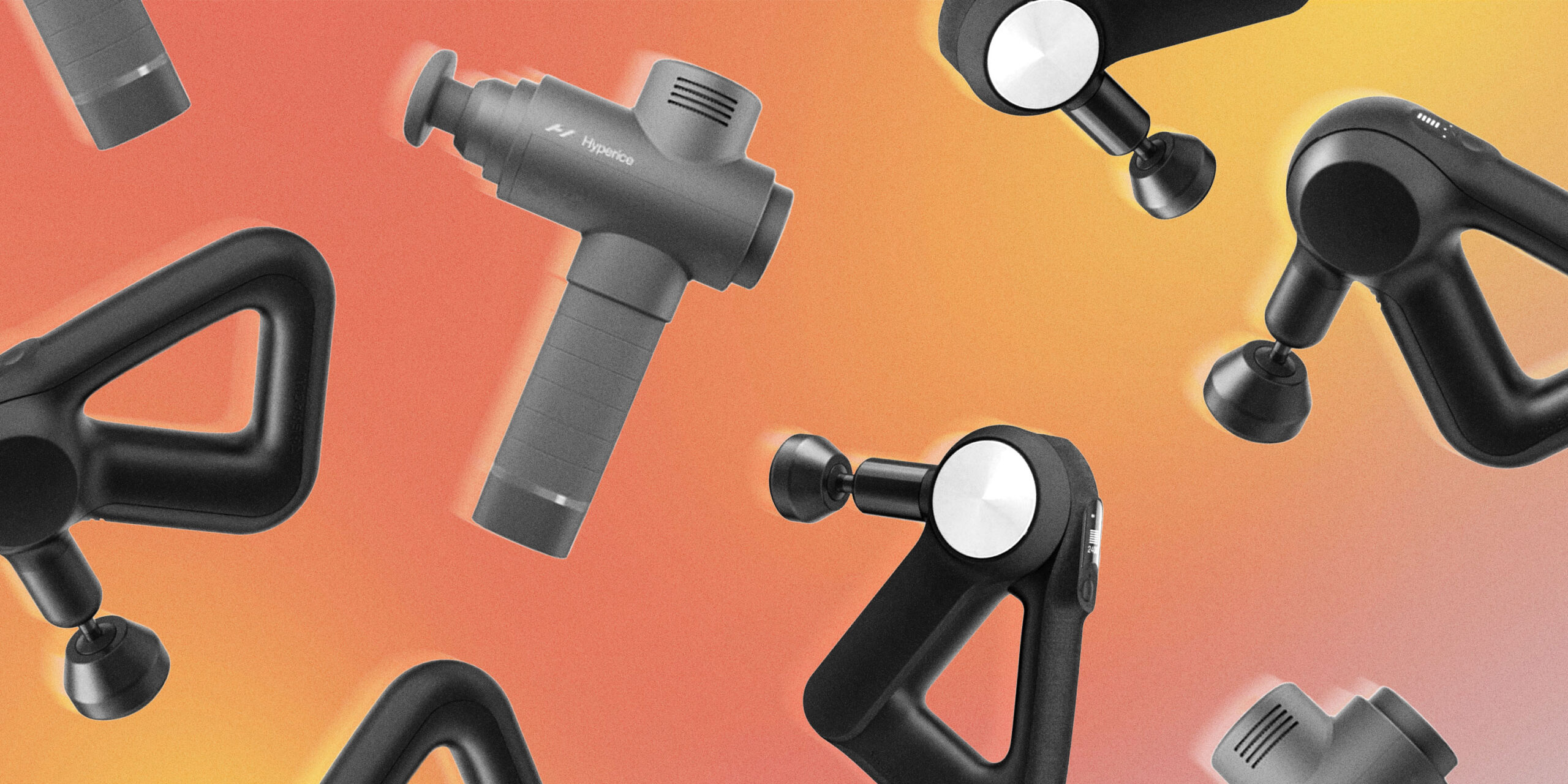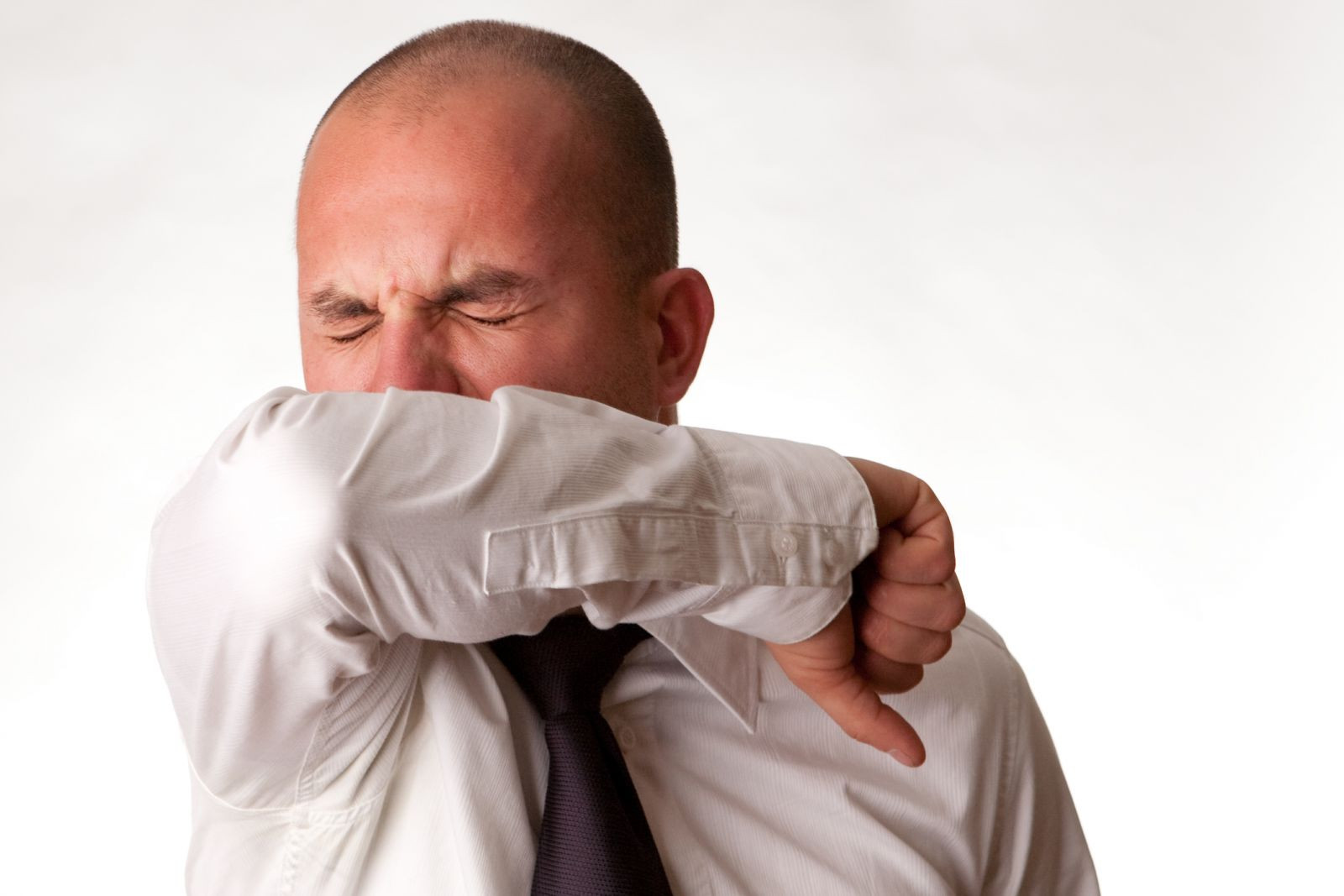Experiencing chronic pain can be a difficult and enduring problem, particularly as we become older (over 40). Most of the time, we are unable to fully comprehend why we hurt or even identify its origin. Many people would to handle their pain naturally, even though medicine is frequently the first thing that comes to mind when dealing with pain.
Drugs have unintended adverse effects. They affect your body as a whole, not just the area that hurts. Refusing needless medication can help you maintain your health without experiencing unpleasant side effects.
In this post, we’ll look at seven professional-recommended strategies for managing chronic pain beyond 40 that don’t use drugs and instead emphasise holistic and natural remedies.
- 1. Maintain a Healthy Diet
- 2. Regular Exercise
- 3. Stay Hydrated
- 4. Get Sufficient Sleep
- 5. Manage Stress
- 6. Natural Elements Can Reduce Pain
- 7. Acupuncture and Chiropractic Care
- Pain Solutions Without Medication
1. Maintain a Healthy Diet
A healthy diet is essential for the management of chronic pain. One common cause of chronic pain is inflammation, which can be lessened with a well-balanced diet. Increased consumption of anti-inflammatory foods including fresh fruits, vegetables, whole grains, and fatty fish—which is high in omega-3 fatty acids—is advised by experts. By lowering inflammation, these foods can help you feel less pain and encourage your body to recover itself.
2. Regular Exercise
Another essential component in the natural management of chronic pain is exercise. Exercise on a regular basis releases endorphins, the body’s natural painkillers, and also helps to strengthen muscles and increase joint mobility. Walking, yoga, and swimming are great low-impact exercise options for people with chronic pain.
3. Stay Hydrated
It’s common to undervalue the importance of being well hydrated when treating chronic pain. Pain can be made worse by dehydration, especially in the joints and muscles. Make sure you consume enough water each day to maintain proper bodily hydration. Steer clear of excessive alcohol and coffee as these can exacerbate the symptoms of chronic pain and lead to dehydration.
4. Get Sufficient Sleep
Getting a good night’s sleep is crucial to treating persistent pain. Insufficient sleep can worsen pain perception and impede your body’s ability to heal. Every night, your brain requires sleep to repair and rejuvenate. To enhance the quality of your sleep, make sure your sleeping space is comfortable, stick to a regular sleep routine, and think about using relaxing methods like meditation. You can even download apps on your phone to aid in falling asleep.
5. Manage Stress
Stress can make chronic pain worse by inducing inflammation and tense muscles. Investigate stress-reduction methods like mindfulness, meditation, and deep breathing exercises to relieve pain naturally. These techniques can ease mental tension and lessen the sensations of discomfort brought on by stress.
6. Natural Elements Can Reduce Pain
Some natural ingredients might help with chronic pain management. Turmeric’s curcumin, for instance, has anti-inflammatory qualities and can be used to reduce pain. Keep in mind that each individual experiences pain differently, and that what relieves one person’s discomfort might not relieve another’s. You may find or add a lot of these supplements to the foods you eat. Others are present in vitamins, over-the-counter (OTC) medications, and nutritional supplements.
When choosing supplements or over-the-counter products, use caution because these ingredients are not governed by the Food and Drug Administration (FDA). Try to find products that a reliable source has verified or reviewed.
7. Acupuncture and Chiropractic Care
Many people find that alternative therapies like chiropractic and acupuncture work well for treating chronic pain. The goal of chiropractic adjustments is to realign the spine and joints, which can reduce discomfort and increase range of motion. To learn more about these natural treatment choices, think about speaking with medical professionals who have received this type of training.
Pain Solutions Without Medication
In conclusion, you don’t have to rely on drugs if you suffer chronic pain after the age of 40. You can enhance your general well-being and reduce chronic pain naturally by using these professional advice.










